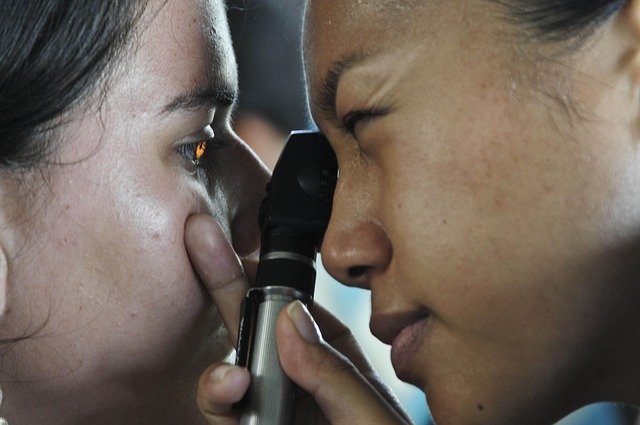Reaping the Health Benefits of Volunteering: A Fresh Perspective
The act of volunteering has long been recognized for its social and community value. However, recent scientific studies reveal a less-known advantage: significant health benefits. This article delves into the physical, mental, and emotional health advantages of volunteering, backed by expert insights and research findings.

The Historical and Scientific Context of Volunteering
Volunteering, the act of offering one’s time and skills for the benefit of others without a financial reward, has been a part of human societies for centuries. However, only in the past few decades have researchers started to uncover the profound health benefits it offers to the volunteer. A growing body of scientific evidence is shedding light on these advantages, from physical health improvements to mental and emotional wellbeing.
Current Health Trends and Insights on Volunteering
Recent studies suggest that volunteering is a powerful tool for promoting health and wellness. While traditional health strategies often focus on diet, exercise, or medication, the health benefits of volunteering offer a fresh, holistic perspective. It is a trend gaining momentum in health circles, with experts increasingly recognizing volunteering as a feasible path to wellness.
The Health Practice of Volunteering: Benefits, Challenges, and Credibility
Volunteering is a practice that offers numerous benefits. Physically, it can lead to lower blood pressure and a longer lifespan. Mentally, it can reduce stress, improve mood, and even ward off depression and anxiety. Emotionally, it fosters a sense of purpose, boosts self-esteem, and promotes happiness.
However, volunteering can also pose challenges. These may include finding the right opportunity, managing time, and dealing with potential emotional distress. Ensuring the experience is beneficial requires careful consideration of one’s interests, skills, and circumstances.
That said, the health benefits of volunteering are scientifically credible. A 2013 review in BMC Public Health, for instance, found that volunteering is associated with lower depression, increased wellbeing, and a 22% reduction in the risk of dying.
The Science Behind the Health Benefits of Volunteering
The health benefits of volunteering are believed to stem from several mechanisms. One theory is that volunteering promotes physical activity, especially for older adults. It may also reduce stress by shifting focus away from oneself, promoting a sense of purpose, and fostering social connections.
A Glimpse Into Fascinating Health Facts
-
Volunteering can burn up to 200 calories per hour, depending on the activity.
-
Regular volunteers are less likely to develop hypertension than non-volunteers, according to a study in Psychology and Aging.
-
Volunteering can lead to a 27% higher chance of employment, promoting financial wellness.
The Power of Volunteering
In conclusion, volunteering is more than a socially beneficial act; it’s a practice entwined with significant health benefits. By understanding and embracing this innovative concept, we can all enhance our wellbeing while making a positive impact. Therefore, it may be time to rethink how we view volunteering - not just as a charitable act, but as a potent health and wellness strategy.






